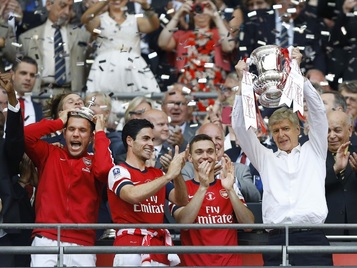
I've actually worked on-and-off with this material for several years. An agent who saw two drafts last year emailed me last month asking if I was still working on the novel, saying he'd like to see it again if I revised it. So, of course, I went back to it. Going back over the notes he sent in response to the previous two drafts, I was able to get a good feel about what more I needed to do.
A few minutes ago, with some trepidation, I just emailed the latest revision to him. I really like how the novel has changed, and how it's built to a more operatic ending. Hopefully, the agent will like it too. Who knows? Maybe the third time is a charm?
Errata: My "Why We Need Snow Monsters" essay was published earlier this week in Entropy. It's a fun little piece, I think. Breughel and Neanderthals and Tolstoy, O My! If you're interested in giving it a peek, click here.









 RSS Feed
RSS Feed
